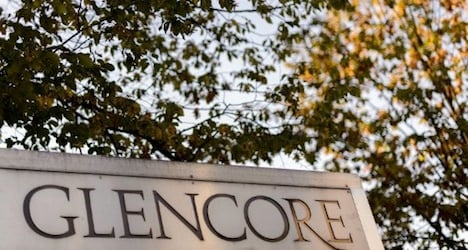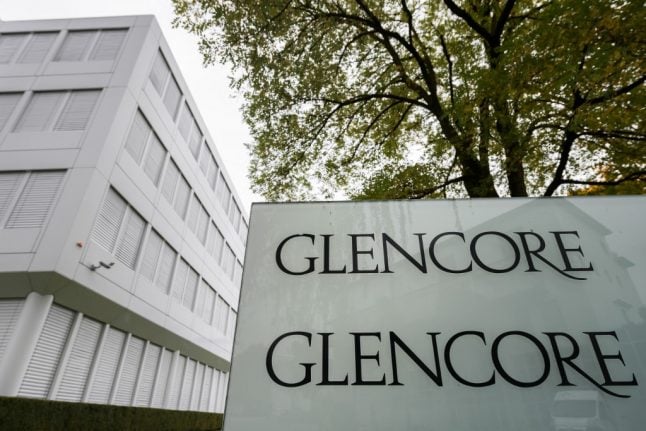“The Carter Center urges the government of the Democratic Republic of the Congo to release the terms of the deal in which state-owned mining company Gecamines lost its interest in the potentially rich Kawama concession,” the organization founded by former US president Jimmy Carter said.
The Bloomberg news agency on Wednesday revealed the unannounced deal, in which Gecamines sold the concession in the mineral-rich Katanga province in the country's southeast to Mutanga Mining.
The Swiss mining and commodities giant, based in the canton of Zug, owns 69 percent of Mutanda Mining, while Israeli billionaire Dan Gertler's Fleurettee Group holds the other 31 percent.
Critics claim Gertler, who is close to Congolese President Joseph Kabila, built his fortune by acquiring mining permits in the DRC in dubious circumstances, although he has always denied this.
According to Bloomberg, the Kawama concession, potentially rich in copper and cobalt, was acquired from a joint venture in which Gecamines holds a minority interest.
“I can confirm,” Glencore spokesman Charles Watenphul told AFP.
“Yes, we have acquired permit 658.”
Questioned by AFP, Fleurette Group declined to comment.
A source close to the case said Glencore, as a majority partner of Mutanda Mining, had “operational control” of the management of that company.
Under Congolese law, the government is required to publish any transfer of state resources within two months, but the February sale of the Kawama concession only came to light through Bloomberg's report.
No government reaction could be obtained after the announcement of the sale.
The DRC was admitted in July 2014 as a full member of the Extractive Industries Transparency Initiative (EITI), which “is a global standard to promote open and accountable management of natural resources”.
The International Monetary Fund in 2012 suspended a line of credit to the DRC after failing to obtain sufficient information on a transfer of shares in a mining company in the state portfolio.
The country has enormous potential mineral wealth, with huge reserves of cobalt, copper, diamonds, gold, silver, zinc and uranium largely in the east.
But conflict, along with pillaging, illegal mining and a lack of investment, have kept the country classified as low-income, with 70 percent of people living below the poverty line.



 Please whitelist us to continue reading.
Please whitelist us to continue reading.
Member comments